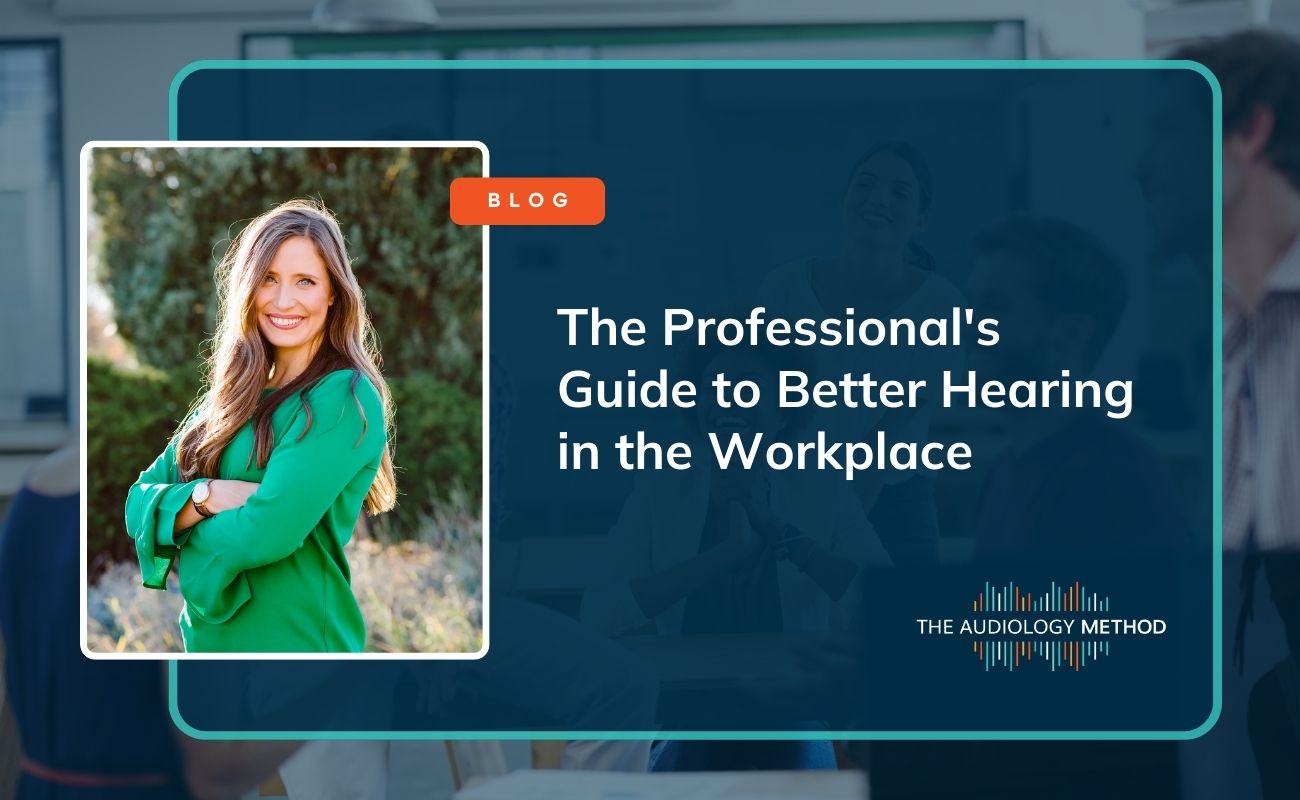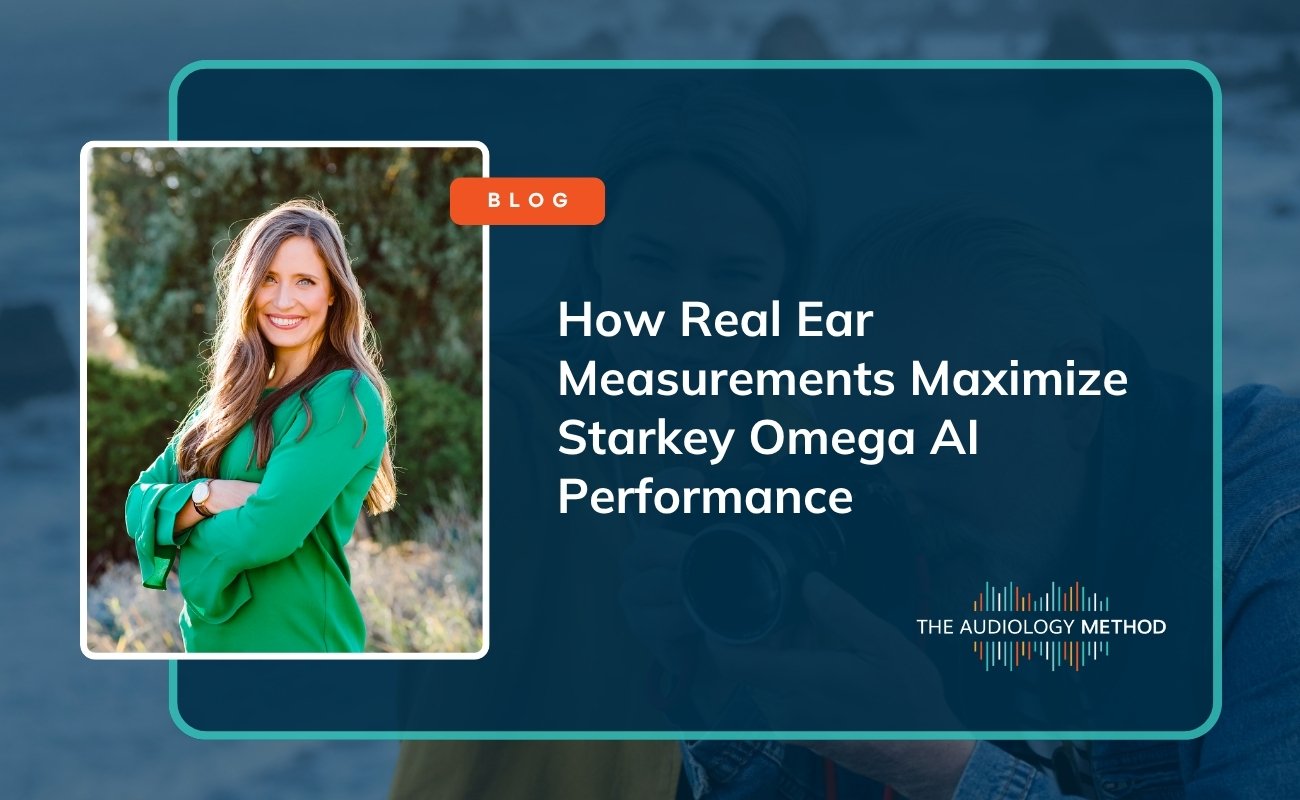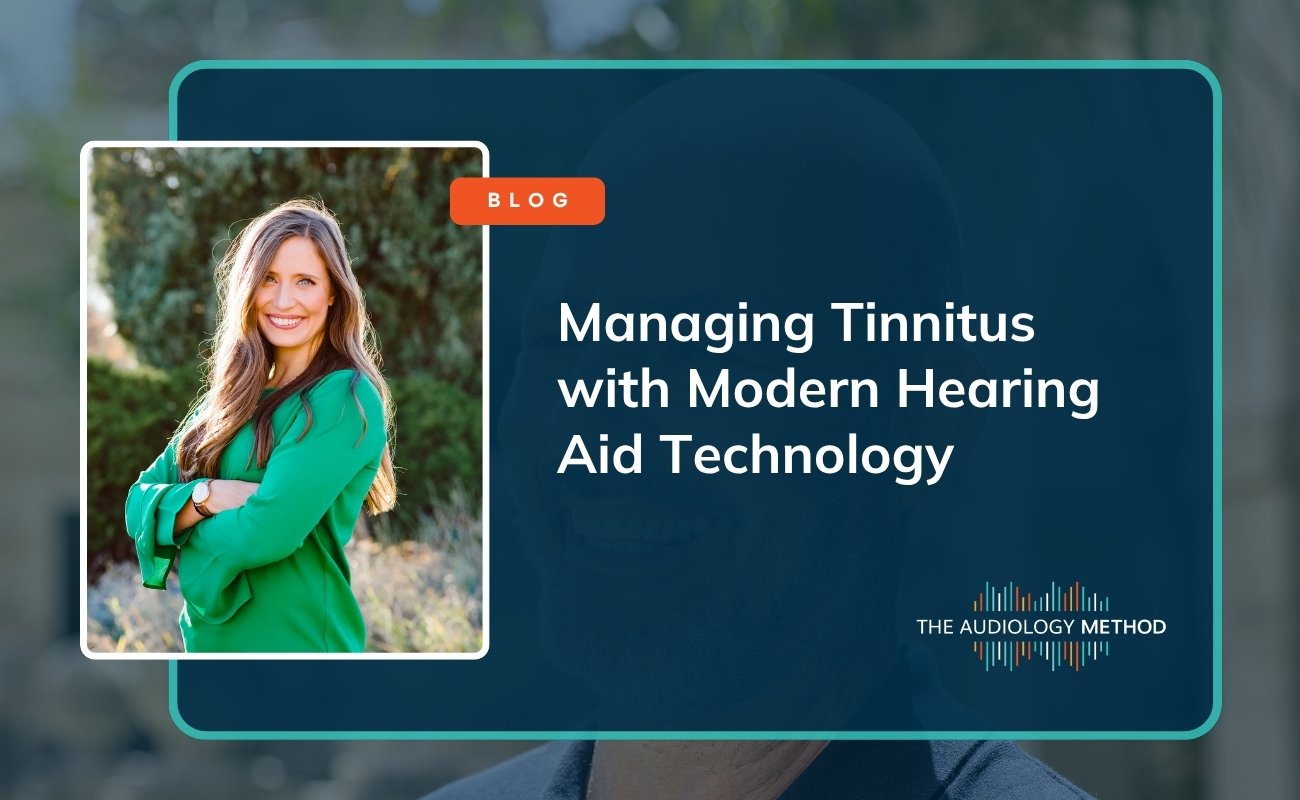

As an experienced audiologist, many people I speak to are surprised to learn just how far-reaching the effects of hearing loss can be. It's not just about the difficulty you might experience in hearing conversations or enjoying music; it's also about the ripple effects that can significantly impact your mental health and overall well-being.
Patients often raise their eyebrows when I tell them that hearing loss can lead to a wide range of health issues, from balance problems to cognitive decline and even depression. The isolation that often accompanies hearing loss can lead to feelings of loneliness and depression. Social interactions become more challenging, causing many people to withdraw, which only exacerbates feelings of isolation and sadness.
I’ll go into more detail in this piece.
Numerous studies have shown a correlation between hearing loss and mental health issues, making it all the more crucial to address hearing loss as early as possible.
A recent study led by Dr. Robin T. Bigelow, published in JAMA Network in 2020, reveals a significant link between hearing loss and psychological distress among U.S. adults. Individuals with moderate to severe hearing loss were found to have about twice the likelihood of experiencing psychological distress and using antidepressant or antianxiety medications.
Hearing and speech are crucial for our ability to connect with others. Effective communication fosters fulfilling relationships and enriches life experiences. However, hearing impairment, whether mild or severe, can disrupt this interaction, leading to feelings of separation from society.
Psychological distress often accompanies hearing loss. Individuals may feel awkward and inadequate due to their inability to understand others or keep up with conversations. Some might even experience paranoia, believing that others are talking about them. The mental exhaustion can push them to isolate themselves, enhancing feelings of loneliness and depression.
Hearing loss can increase feelings of anxiety through several interconnected pathways. Hearing loss might also reduce a person's ability to function independently, for instance, hearing alarms or traffic when crossing the street. This loss of independence can be anxiety-inducing. Straining to hear can lead to cognitive overload, which might leave individuals feeling mentally exhausted, potentially leading to increased anxiety. There might be a constant fear of misunderstanding what others are saying, which could lead to misinterpretations or mistakes, causing anxiety. Sometimes, there's a stigma attached to hearing loss. Individuals might feel self-conscious about their hearing impairment, affecting their self-esteem and increasing anxiety levels.
If you're grappling with hearing loss, it doesn't have to define you. Here are some strategies to help you take charge of your situation:
1. Seek Medical Assistance: In the study mentioned earlier, the use of hearing aids was associated with lower rates of distress, especially in adults under 65. This study underscores the potential mental health benefits of addressing hearing loss, hinting at a promising avenue to lessen psychological distress and the utilization of mental health services.
2. Pursue Mental Health Counseling: Consider seeing a therapist to help you cope with the emotional impact of hearing loss. They can help you navigate the grieving process, develop healthy coping strategies, and even find meaning in your loss.
3. Embrace Knowledge and Support: You are not alone. Organizations like the Hearing Loss Association of America provide information and resources on hearing loss. They can connect you with support groups where you can share experiences with others facing similar challenges.
If you're experiencing depression and/or suicidal thoughts, help is available. Reach out to your doctor, the National Suicide Prevention Hotline at 800-273-8255, or visit SuicidePreventionLifeline.org.
Hearing loss, particularly in older adults, can significantly impact one's mental health. However, with early intervention, the right coping strategies, and a supportive network, individuals can continue to lead fulfilling lives despite the challenges they face.
This is a call to action, especially for those on the fence about getting hearing aids, to see it as more than just a gadget for your ears. It’s an essential for your mental well-being too. By bringing the world’s sounds back into your day, you’re not just hearing better, you’re stepping towards feeling better too. So, here’s to not only listening to the world more clearly but to enjoying life with a lighter heart!
At The Audiology METHOD, we are dedicated to providing personalized, comprehensive hearing services to improve your quality of life. Set up an appointment with us today!


